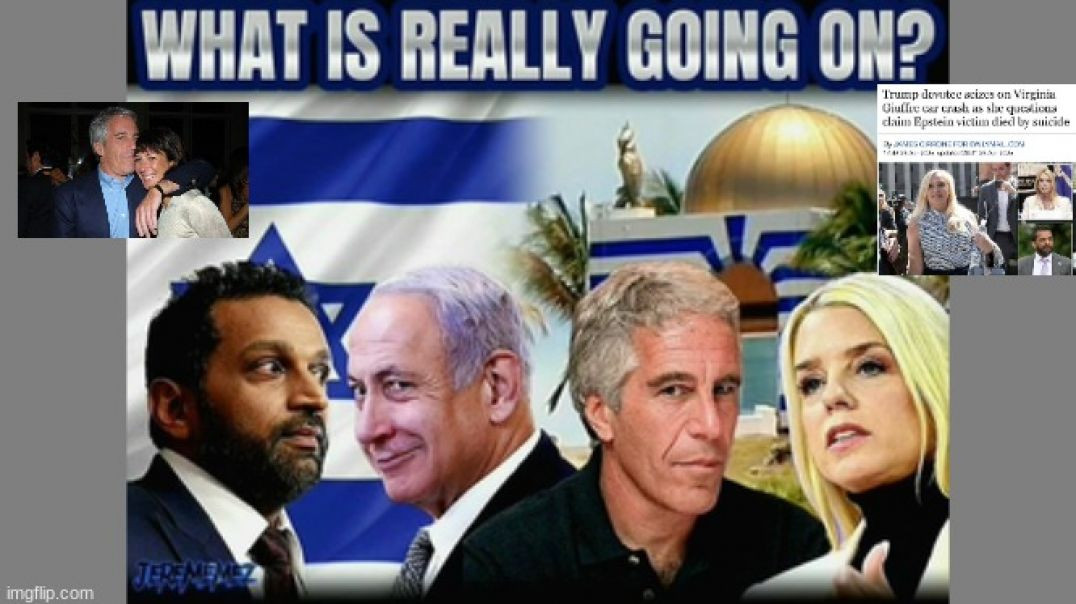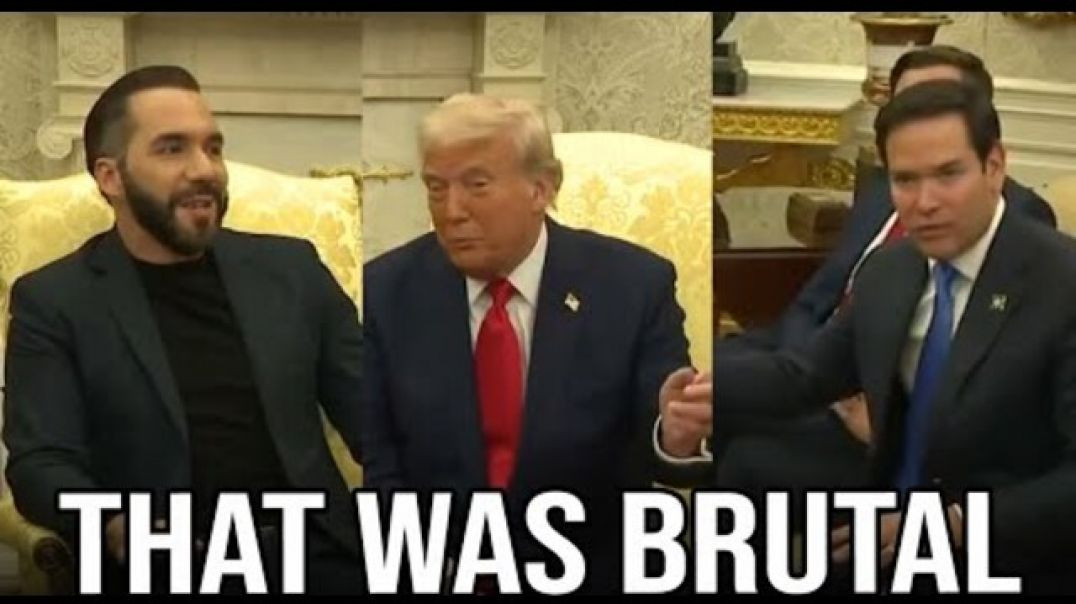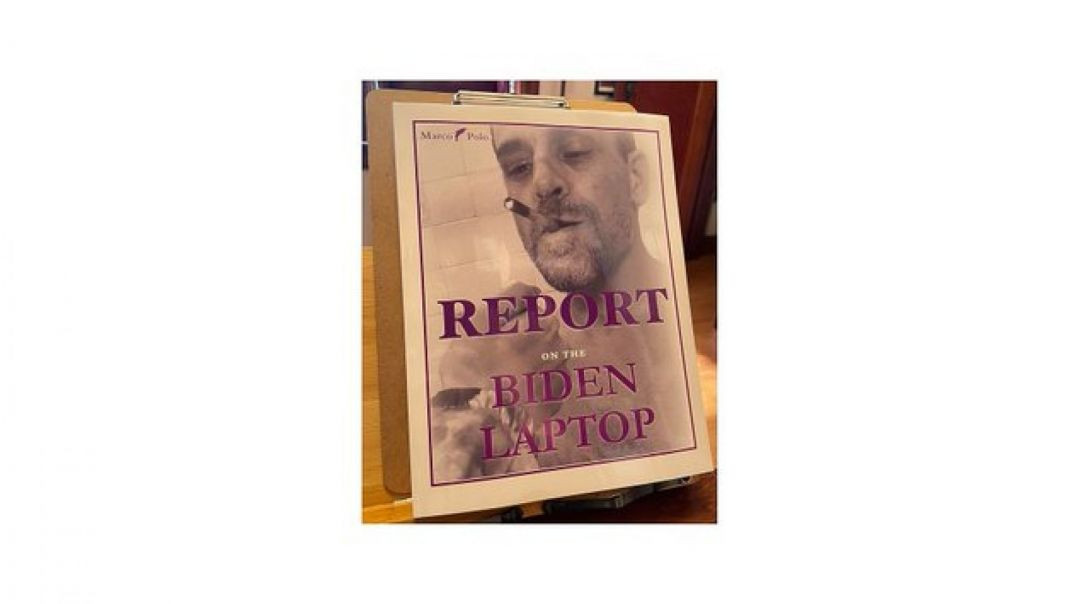Live streaming on Altcast.TV is now available!
IT'S OFFICIAL ✅ ALL PURE EVIL U.S PRESIDENTS CAN GET EXECUTED FOR CRIMES AGAINST HUMANITY ⅋ TRE
ITS OFFICIAL ✅
ALL PURE EVIL U.S PRESIDENTS CAN GET EXECUTED FOR CRIMES AGAINST HUMANITY and TREASON
NOTE:
THEY ALREADY GOT EXECUTED BY MILITARY LAW, NOW THE CLONES FOLLOWING ON CIVIL LAW.
Now that Trump has been found guilty...The precedent has been set.
It's time to retroactively go after every single war criminal President and do so without remorse or regret.
Trump just opened the door that no one had dared to do so before.
Indict every criminal who sat in the White House.
Source: https://x.com/JackStr42679640/....status/1796383826207
Thumbnail: https://www.thinkinghumanity.c....om/2013/07/bush-admi
https://constitution.congress.....gov/browse/essay/art - this was the reasoning prior to yesterday's court decision, orchestrated by Juan Merchan
Excerpt
Throughout the Watergate investigation, it was unclear whether the President could be subject to criminal prosecution prior to being convicted upon impeachment.7 The Court, however, resolved that courts may require the President to testify or produce documents in criminal proceedings.8 This principle dates to the earliest days of the Republic, when Chief Justice John Marshall presided as the Circuit Justice for Virginia over the treason trial of Aaron Burr. In that case, Chief Justice Marshall concluded that President Thomas Jefferson could be subject to a subpoena to provide a document relevant to the trial.9 Specifically, Chief Justice Marshall declared that, in contrast to common law privileges afforded the King of England, the President was not exempt from the general provisions of the constitution, like the Sixth Amendment, which provides the defense compulsory process.10
Nonetheless, Chief Justice Marshall recognized that while the President could be subject to a criminal subpoena, the President could still withhold information from disclosure based on executive privilege.11 In the two centuries since the Burr trial, the Executive Branch’s practices12 and Supreme Court rulings unequivocally and emphatically endorsed Chief Justice Marshall’s position that the President was subject to federal criminal process.13 In its 2020 opinion in Trump v. Vance, the Court extended this precedent to state criminal proceedings, concluding that the President was not absolutely immune from state criminal subpoenas.14
Finally, with respect to civil liability, the Court held in Nixon v. Fitzgerald that the President is absolutely immune in actions for civil damages for all acts within the outer perimeter of his official duties.15 The Court’s close decision was premised on the President’s unique position in the constitutional scheme, that is, the Court conducted a kind of ‘public policy’ analysis of the policies and principles that may be considered implicit in the nature of the President’s office in a system structured to achieve effective government under a constitutionally mandated separation of powers.16 Although the Constitution expressly afforded Members of Congress immunity in matters arising from speech or debate and was silent on presidential immunity, the Court nonetheless considered immunity to be a functionally mandated incident of the President’s unique office, rooted in the constitutional tradition of the separation of powers and supported by our history.17
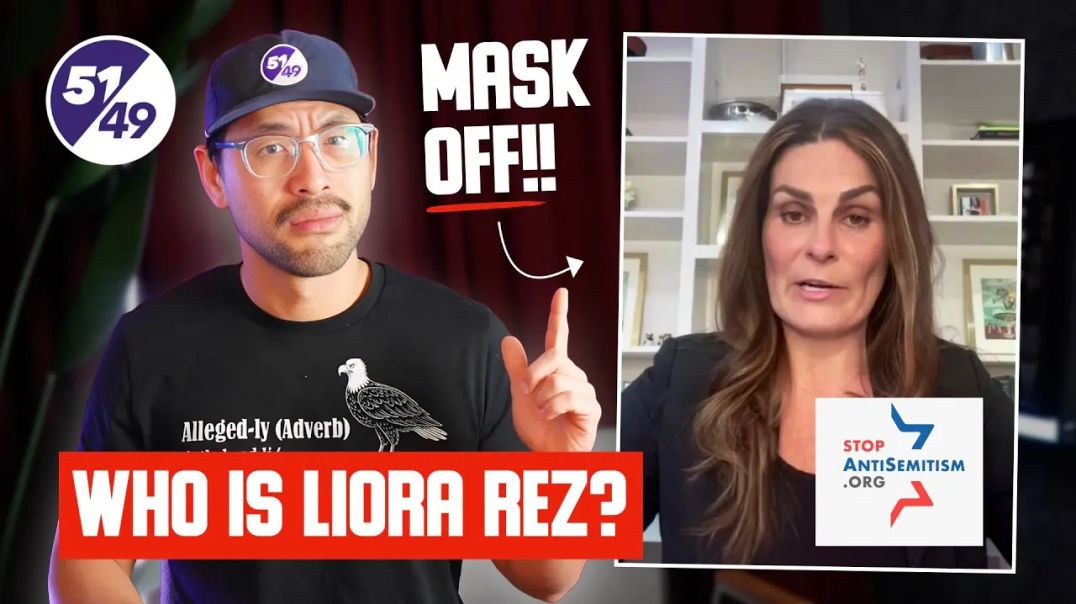

![THE CORRECT RESPONSE TO LACKEY GOVERNMENT CODE ENFORCERS ☭ PROSECUTING THOUGHT CRIMES [1984 IS 2025]](https://s3.us-central-1.wasabisys.com/altcast1/upload/photos/2025/09/hArC8XmigAECHVvkUBjs_01_7be94244ac0d0537f03bf0a14f28c802_image.jpg)
![YIDS SECRETLY SACRIFICED ONE OF THE PURE RED HEIFERS 🐮 ON JULY 1ST OF THIS YEAR [TAINTLESS TIMMIE]](https://s3.us-central-1.wasabisys.com/altcast1/upload/photos/2025/08/82FPhSwyKlkgSN12dbGD_14_f8a0c4dde189b64a55cef1c18531d1b2_image.png)
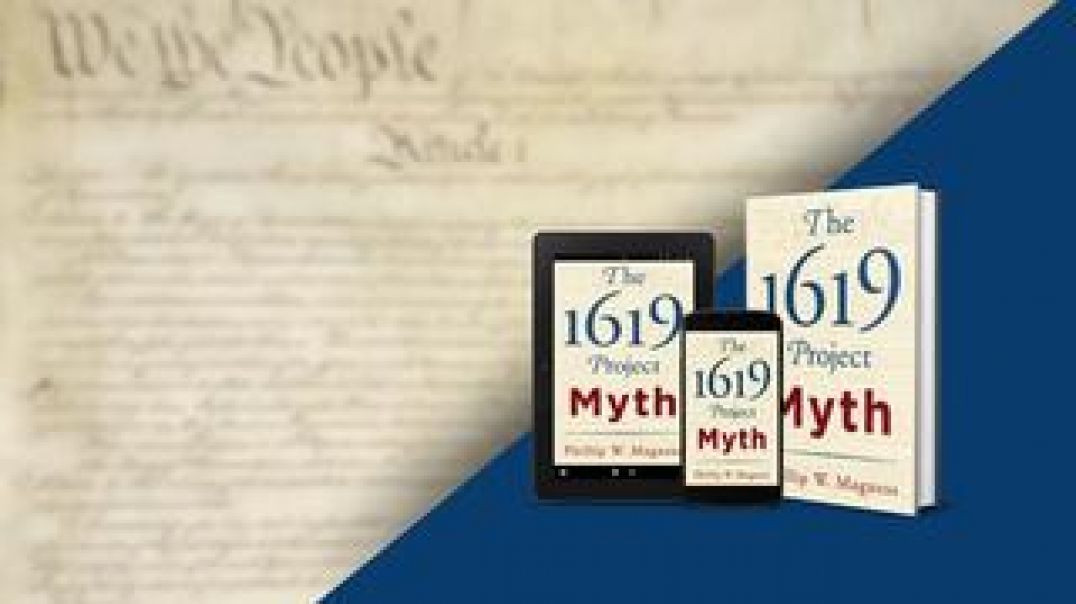

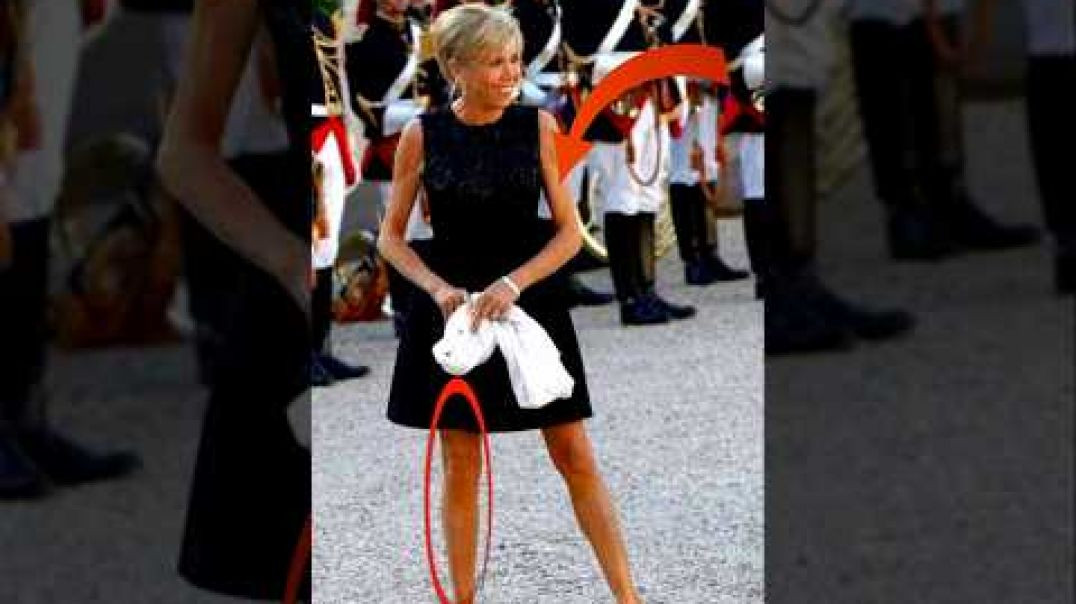
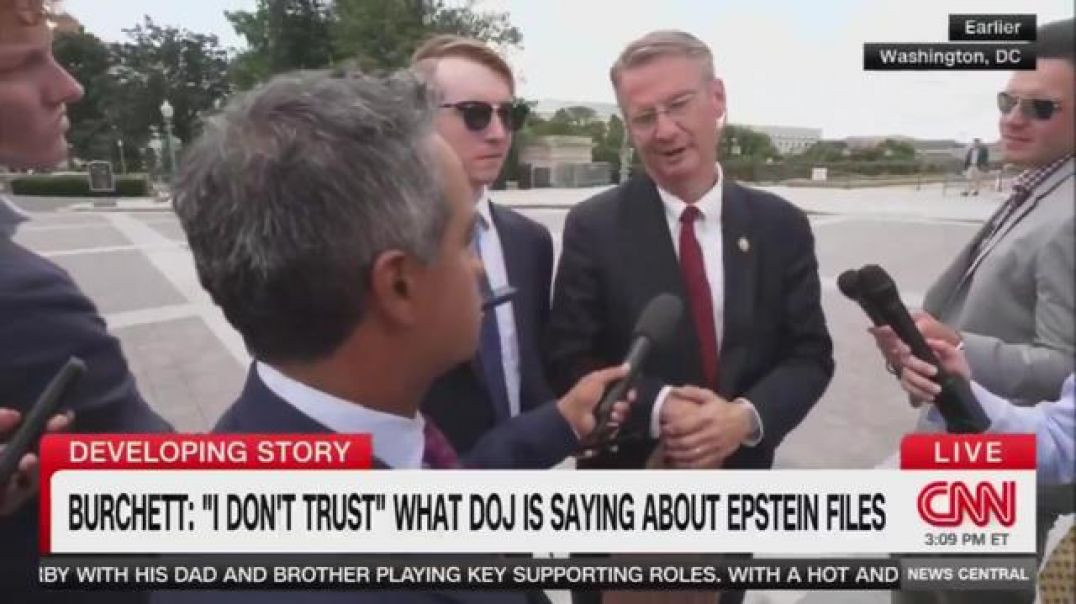
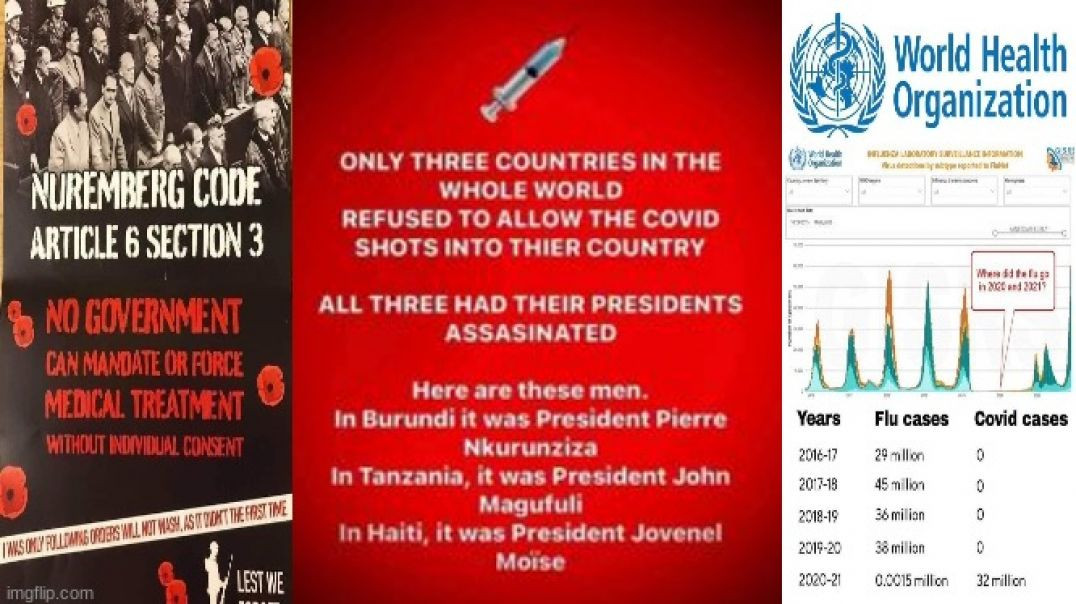
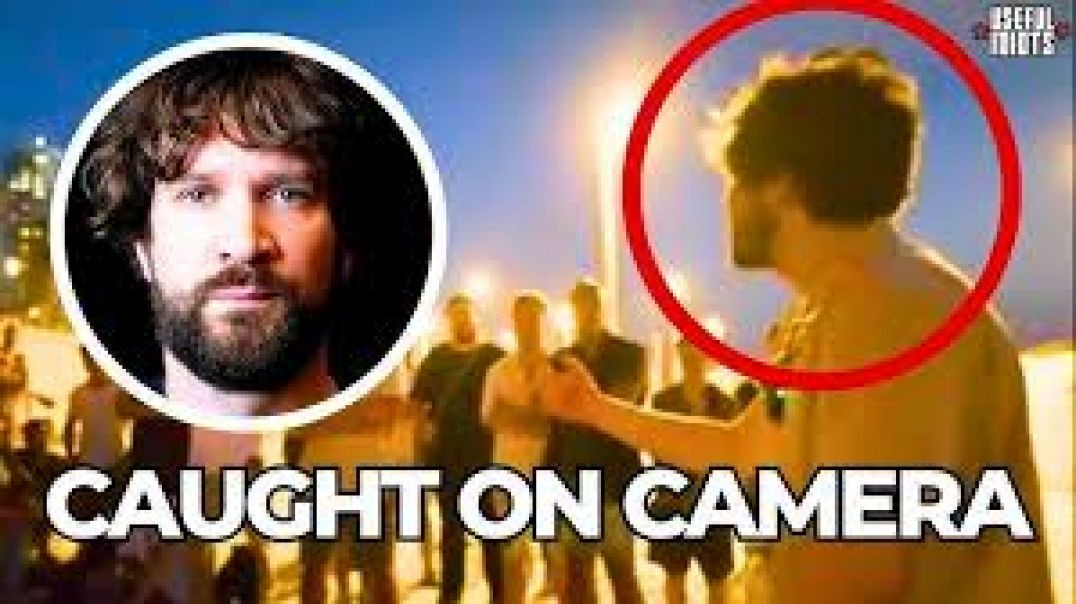
![BEST SCENES WITH THE DEVIL IN PRISON 😈 WISHMASTER 2 [EVIL NEVER DIES]](https://s3.us-central-1.wasabisys.com/altcast1/upload/photos/2025/06/kCpU1ubejEA2BPqH21Kc_26_a9a9ff6a3ef9f4c20c679e2d42b70592_image.gif)
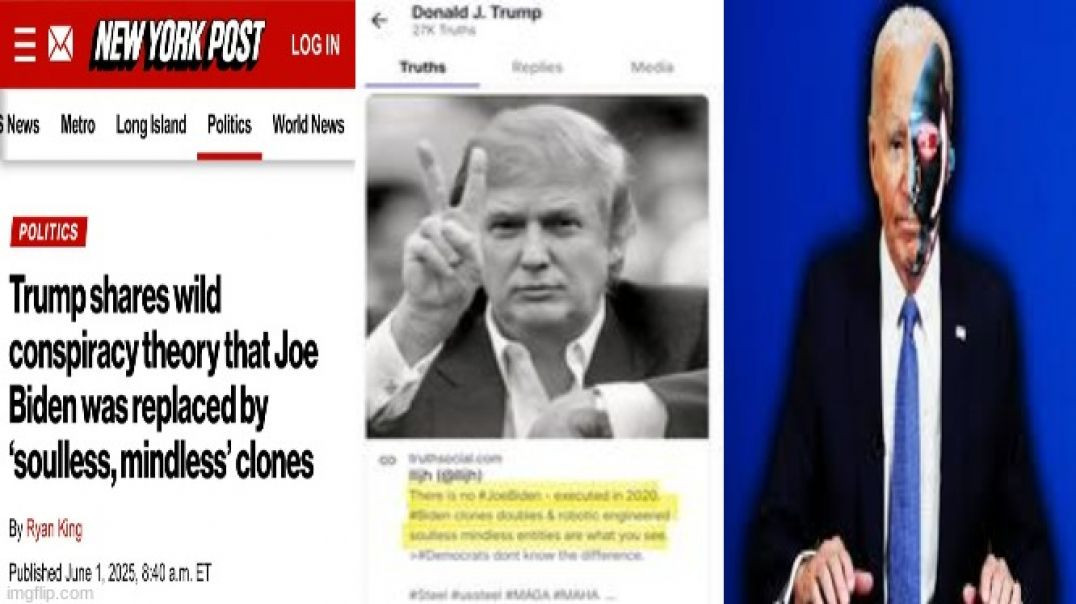
![CBS DELETED THIS ENTIRE EPISODE FROM THEIR OFFICIAL WEBSITE❗ [ORWELLIZING REALITY]](https://s3.us-central-1.wasabisys.com/altcast1/upload/photos/2025/06/jm3ebzJgwAFFqqajFTUn_01_e3bfc1d0362db5a193b472e2770d6f6d_image.png)
![TOP FDA OFFICIAL ADMITS SHE NEVER GOT COVID VACCINE❗ ⚕ [WITH MARY HOLLAND AND KIM BRIGHT]](https://s3.us-central-1.wasabisys.com/altcast1/upload/photos/2025/05/e61d9a4938edc94d8c9452be78a486363694326e7j8NHucA2XMATw5MveYK.video_thumb_8457_11.jpeg)

